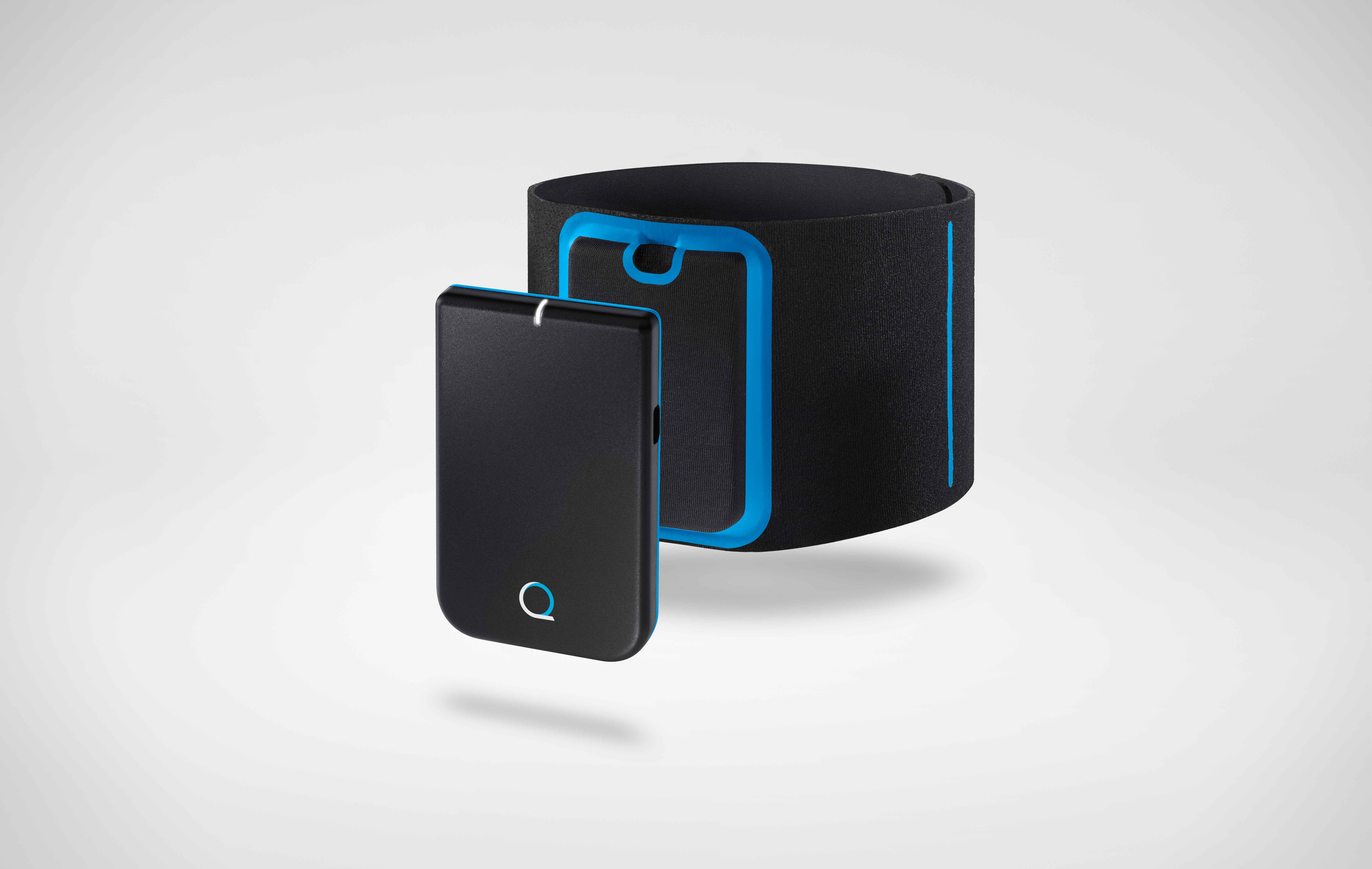|
Introduction: The rapid advancement of technology has brought significant changes to various industries, and healthcare is no exception. One of the most promising developments in healthcare technology is the emergence of eHealth, which refers to the use of digital tools and communication technologies to deliver healthcare services and information. This article explores the impact of eHealth on healthcare delivery, patient care, and the overall healthcare system. Enhanced Access to Healthcare: eHealth has greatly improved access to healthcare services, especially for individuals in remote or underserved areas. Through telemedicine platforms, patients can connect with healthcare professionals via video calls, receive medical advice, and even get prescriptions without leaving their homes. This has proven especially beneficial during times of crisis or when physical access to healthcare facilities is limited. Efficient Health Information Management: Digital health records have revolutionized the way patient information is stored and accessed. Electronic Health Records (EHRs) allow healthcare providers to securely store and share patient data, leading to improved coordination of care and reduced medical errors. With EHR systems, healthcare professionals can quickly retrieve vital information, such as medical history, medications, and test results, leading to more accurate diagnoses and better-informed treatment decisions. Remote Monitoring and Wearable Devices: eHealth has enabled remote monitoring of patients' health conditions through wearable devices and sensors. These devices collect real-time data on vital signs, activity levels, and other health metrics, allowing healthcare providers to monitor patients' well-being remotely. This proactive approach can lead to early detection of health issues, timely interventions, and prevention of complications. Furthermore, wearable fitness trackers and mobile apps empower individuals to take charge of their own health by tracking exercise, sleep patterns, and nutrition. Health Education and Awareness: eHealth platforms provide a wealth of health information, educational resources, and self-management tools to empower individuals to make informed decisions about their health. Websites, mobile apps, and online communities offer a wide range of educational content on topics such as chronic disease management, healthy lifestyles, and mental health support. With eHealth tools, individuals can access personalized health information, track their progress, and even connect with peer support groups. Data Analytics and Research: The vast amount of data generated by eHealth platforms presents an opportunity for advanced analytics and research. By analyzing aggregated and anonymized patient data, researchers and policymakers can gain valuable insights into population health trends, identify risk factors, and develop evidence-based interventions. This data-driven approach has the potential to improve public health strategies, optimize healthcare resource allocation, and drive innovation in medical research. Conclusion: eHealth is revolutionizing healthcare delivery by leveraging technology to enhance access, improve efficiency, and promote patient empowerment. The adoption of eHealth solutions holds immense promise for transforming the healthcare landscape, leading to improved outcomes, reduced costs, and a more patient-centered approach to care. While challenges such as data privacy and security need to be addressed, the potential benefits of eHealth make it a vital component of the future of healthcare.  |
